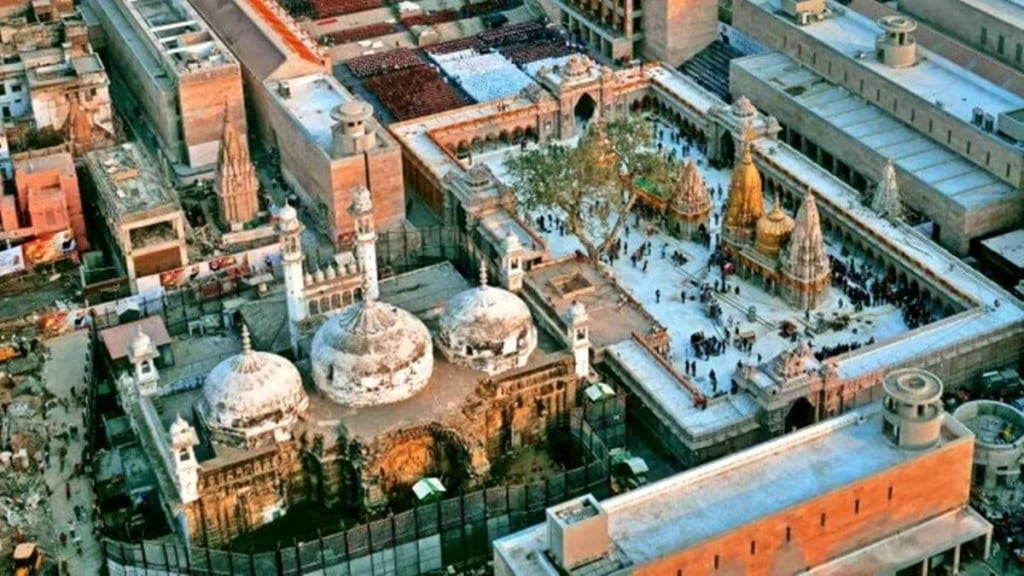Bharatiya Janata Party leader and Member of Parliament Harnath Singh Yadav on Monday raised the issue of the Places of Worship Act, 1991, during the Zero Hour in Rajya Sabha and demanded that the law be abolished. Singh argued that the 1991 Act creates distinctions between gods like Lord Rama and Lord Krishna, both considered incarnations of Lord Vishnu, and undermines the religious rights of Hindus, Jains, Sikhs, and Buddhists.
“The 1991 Act violates the constitutional principle of equality and sees cases related to places of worship, barring the Ayodhya matter, dating back to 1947 as resolved. Those found guilty of violating this law face imprisonment ranging from one to three years. The Worship Places Act 1991 imposes restrictions on the religious rights of followers of Hindu, Sikh, Jain, and Buddhist faiths. I commend the Prime Minister for acknowledging that those who held power for an extended period after Independence failed to understand the significance of our religious sites and shamelessly exploited our own culture for political gains,” Harnath said addressing the Rajya Sabha.
Also Read: Places of Worship Act: SC grants Centre time till October 31 to file reply on pleas challenging 1991 law
Demanding the repeal of the law, he said that the clear implication of this law is that temples and other places of worship like Gyanvapi and Mathura that were forcibly occupied by foreign invasions have been legitimised by governments. “This Act perpetuates discrimination between Lord Rama and Lord Krishna, both being incarnations of Lord Vishnu. Society cannot have two different laws. This Act is entirely unconstitutional and illogical. I appeal for the termination of this law in the best interest of the nation.”
Also Read: Places of Worship Act impedes civilizational justice, must be struck down: J Sai Deepak
What is the Places of Worship Act?
The 1991 law prohibits conversion of any place of worship and provides for the maintenance of the religious character of any place of worship as it existed on August 15, 1947, and for matters connected therewith or incidental thereto. Only one exception was made in the case, which is the Ayodhya-Ram Janmabhoomi case.
As per the 1991 law, no religious place existing before August 15, 1947, can be altered into another religion’s place of worship. Anyone attempting to change a religious site may face three years of imprisonment and a fine. The Ram Janmabhoomi case was excluded from this law, as it was already in court. However, in the recent legal battle over the Gyanvapi case, the mosque committee opposed this Act.
Also Read: Places of Worship Act 1991: No law above judicial scrutiny, says Amit Shah
The Allahabad High Court maintained the status quo at that time. However, in 2018, the Supreme Court ordered that a stay order would last only for six months on any case. Subsequently, the Varanasi court initiated hearings in the Gyanvapi case and its survey received approval within two years.

